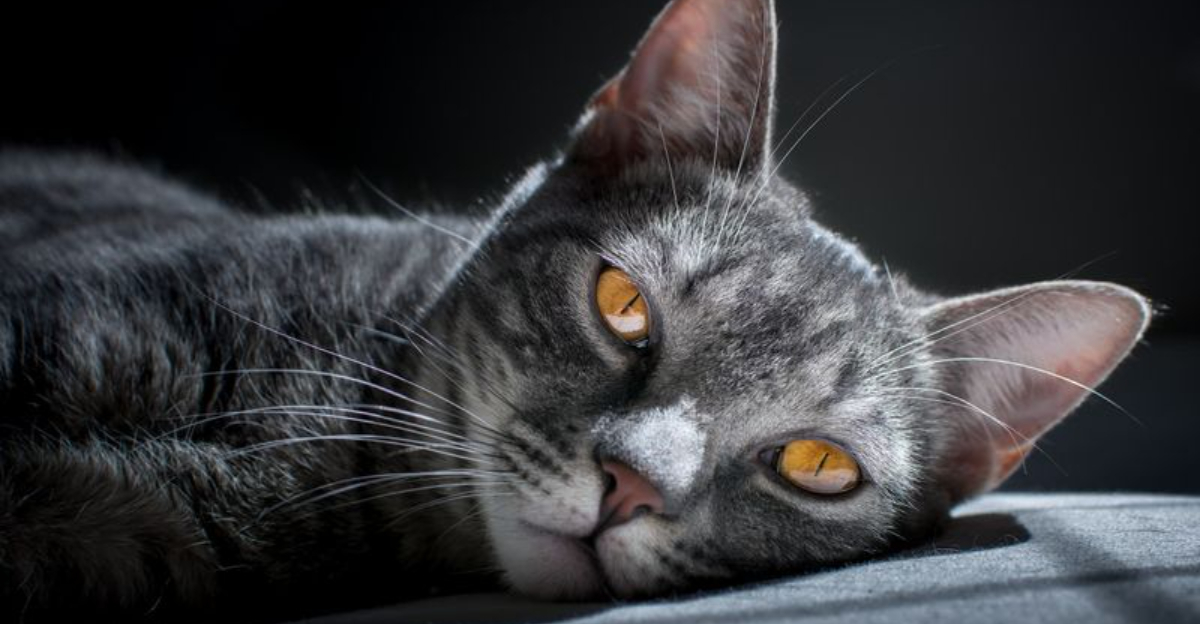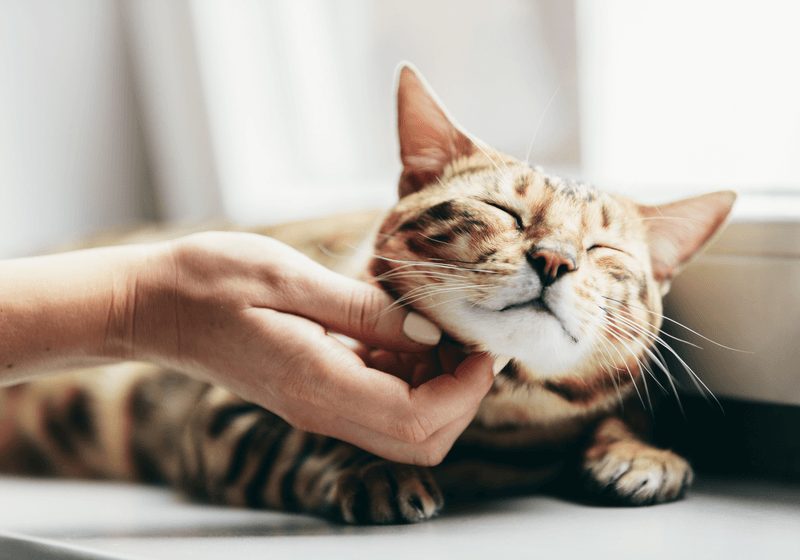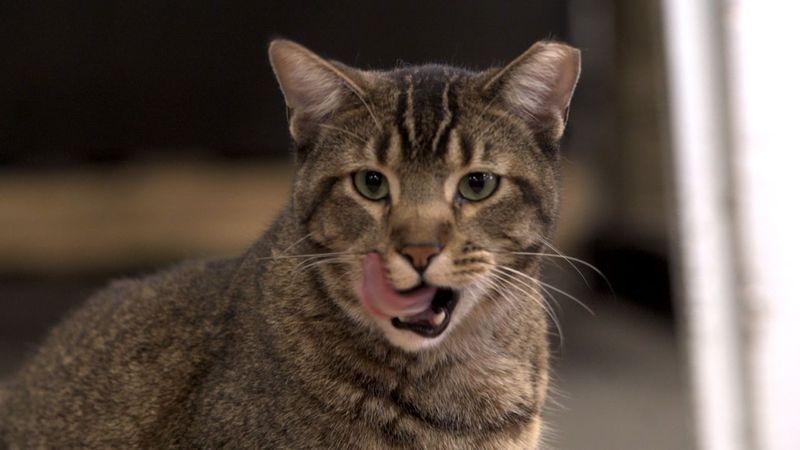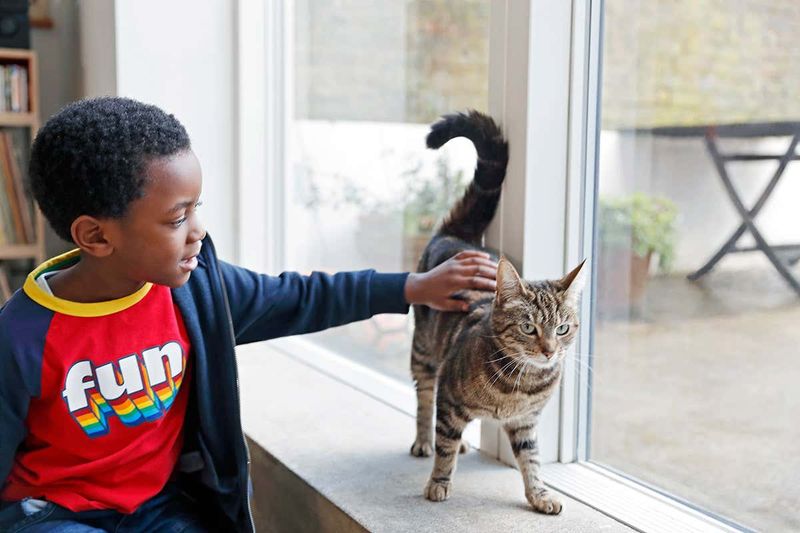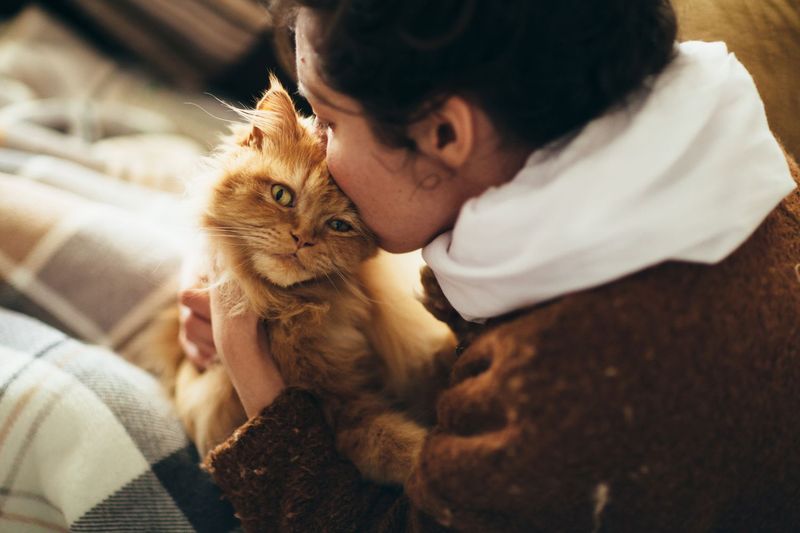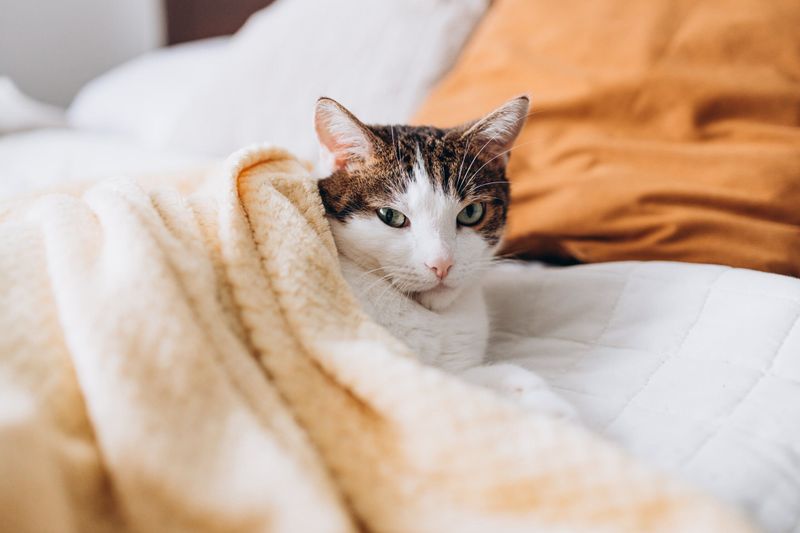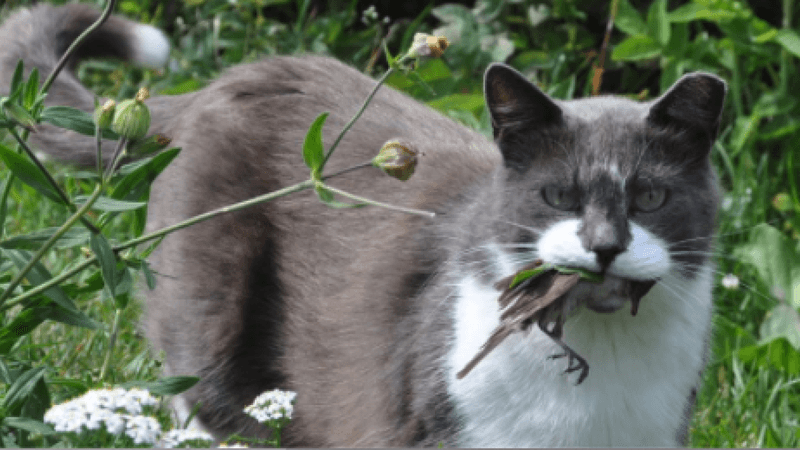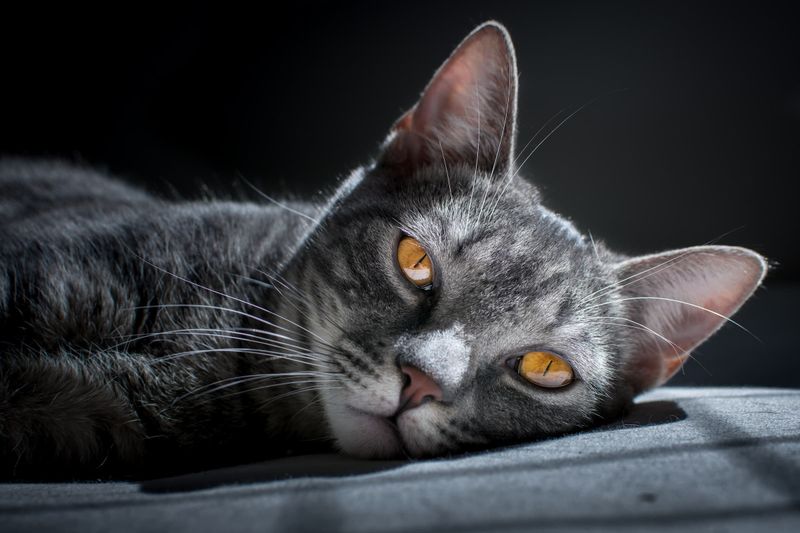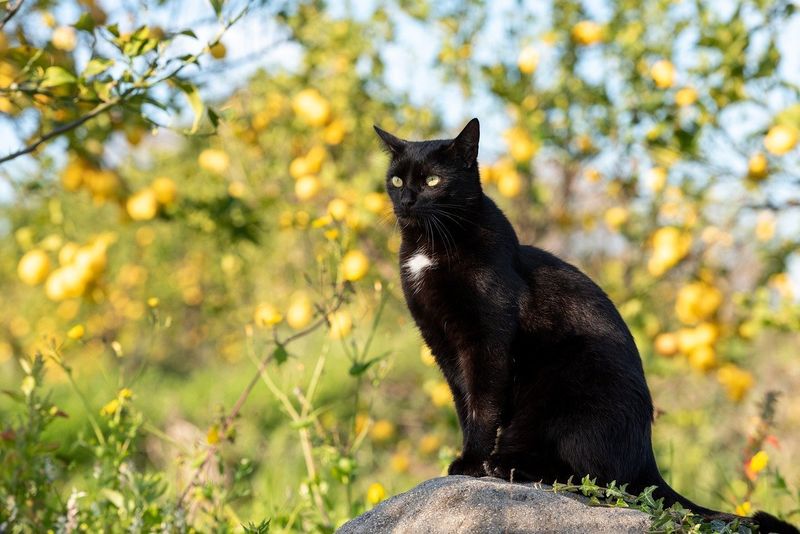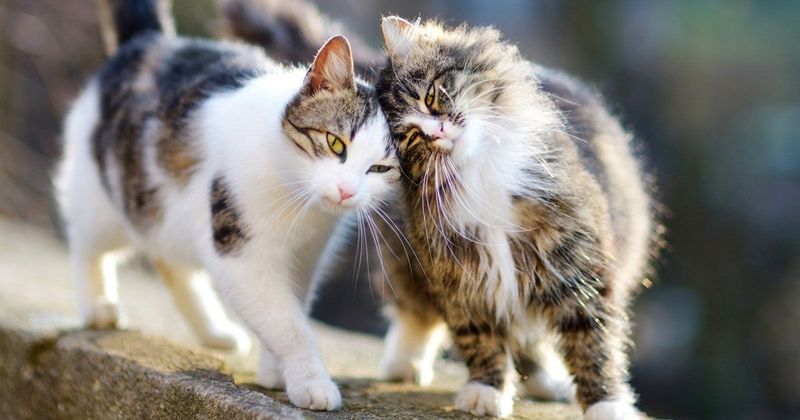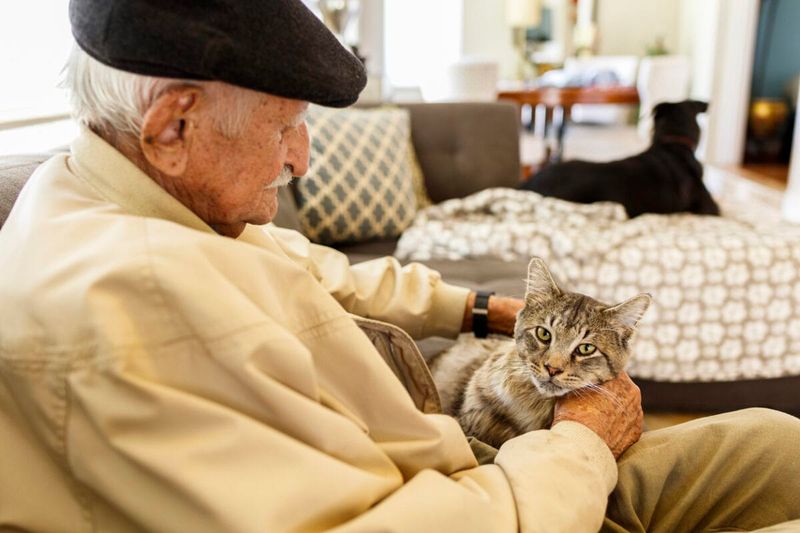📖 Table of Content:
- 1. Stress-Busting Purr Therapy
- 2. Natural Pest Control Experts
- 3. Allergy Protection for Kids
- 4. Silent Emotional Support Animals
- 5. Sleep Quality Boosters
- 6. Environmental Footprint Reducers
- 7. Home Security Supervisors
- 8. Mindfulness Teachers
- 9. Social Connection Catalysts
- 10. Cardiovascular Health Guardians
Cats have shared their lives with humans for millennia, maintaining an air of mystery despite their long-standing presence. Their independent nature, graceful movements, and curious habits continue to fascinate and charm. Beneath their calm exterior lies a creature full of surprises and subtle intelligence.
More than just adorable companions, cats contribute in meaningful ways to daily life. Their presence has been linked to emotional comfort, lower stress levels, and even physical health benefits. Quiet yet deeply attuned to their environment, they offer a unique kind of companionship.
Owning a cat often brings unexpected joys and subtle lessons. From teaching patience to encouraging moments of calm, they have a way of reshaping routines for the better. Their impact reaches far beyond the surface, enriching homes with both warmth and balance.
1. Stress-Busting Purr Therapy
The rhythmic purring of a cat actually has healing properties. Studies show that the frequency of a cat’s purr (25-150 Hz) can lower blood pressure, reduce stress hormones, and even help heal bones and muscles faster. When your cat curls up on your lap after a tough day, that soothing vibration works like a natural tranquilizer. Cat owners typically have 40% less risk of a heart attack than those without feline friends. The best part? This therapy requires no appointment, insurance, or copay—just a content kitty willing to snuggle.
2. Natural Pest Control Experts
Forget chemical sprays and expensive exterminators. Your feline companion comes equipped with an ancient hunting instinct that keeps your home naturally pest-free. Even well-fed house cats maintain their predatory skills, tracking down mice, spiders, and insects that dare enter their territory. Many homeowners report significant decreases in rodent activity after adopting cats. Their mere scent can deter potential invaders from setting up shop in your walls or cupboards. Unlike traps or poisons, this eco-friendly pest solution patrols 24/7 and wraps up in a cute, cuddly package when off-duty.
3. Allergy Protection for Kids
Contrary to popular belief, growing up with a cat might actually prevent allergies. Research from the National Institutes of Health suggests children raised in homes with cats during their first year have a lower risk of developing pet allergies later in life. The early exposure helps train young immune systems to recognize harmless particles rather than overreact to them. This protective effect extends beyond just cat allergies—it may reduce asthma risk and other respiratory conditions, too. Scientists call this the “hygiene hypothesis,” where early exposure to certain allergens strengthens the immune response.
4. Silent Emotional Support Animals
Cats possess an uncanny ability to sense emotional distress. Many owners report their cats approaching them during anxiety attacks, depression episodes, or moments of grief without any training as therapy animals. Unlike humans, who might ask uncomfortable questions or offer unwanted advice, cats simply provide silent companionship. They’ll curl up beside you, offering warmth and physical contact without judgment or expectations. This natural emotional intelligence makes cats particularly valuable for people with social anxiety, PTSD, or those going through difficult life transitions who need support without social pressure.
5. Sleep Quality Boosters
The warm weight of a cat at your feet can significantly improve sleep quality. Research shows that many people sleep better with a cat in the bed than with a human partner! The rhythmic breathing and body warmth create a soothing presence that helps you fall asleep faster. Cats also establish bedtime routines, often encouraging their owners to maintain consistent sleep schedules. Their natural tendency to settle down at night and wake at dawn helps regulate human sleep cycles. For people living alone, the security of another breathing being nearby satisfies our evolutionary need for nighttime safety.
6. Environmental Footprint Reducers
Cats have surprisingly small carbon pawprints compared to other pets. They consume less food than dogs, require fewer resources, and don’t need daily walks that might involve car trips to parks or trails. A UCLA study found that cat ownership accounts for about 0.15 hectares of land use annually, compared to 0.84 hectares for medium-sized dogs. Cats also generally use less water and produce less waste. For environmentally conscious individuals seeking animal companionship, cats represent a more sustainable choice while still providing the emotional benefits of pet ownership.
7. Home Security Supervisors
Sharp-eared feline sentinels notice unusual sounds long before humans do. Their acute hearing can detect frequency ranges up to 64kHz (compared to our measly 20kHz), making them excellent early warning systems for everything from approaching visitors to potential break-ins. Cats investigate every strange noise and movement, alerting their owners with changed behavior, focused attention, or vocalizations. Many cat owners report being warned about fires, gas leaks, or intruders by their suddenly alert companions. Unlike security systems requiring monthly fees, this furry surveillance operates on just food, water, and occasional head scratches.
8. Mindfulness Teachers
Few creatures are as present as cats. Their ability to lose themselves in play, stretch peacefully in a sunbeam, or groom without distraction serves as a gentle reminder to slow down and stay grounded. Their ability to fully engage in simple pleasures—like watching dust particles float in sunlight—reminds us to appreciate small joys. Cat owners often report slowing down and noticing details they previously overlooked after observing their pets’ focused attention. This feline-inspired mindfulness reduces rumination about past regrets or future anxieties, promoting mental well-being without expensive retreats or meditation apps.
9. Social Connection Catalysts
Cat videos and photos dominate social media for good reason—they create instant connections between strangers. Having a cat provides endless conversation material and helps break the ice in social situations or with neighbors. Research from the Pet Health Council found that 82% of people find it easier to talk to others who have pets. Cat owners often form bonds with fellow enthusiasts at vet offices, pet stores, or through online communities dedicated to feline appreciation. For those working remotely or living alone, this furry social lubricant creates meaningful human connections that might otherwise be missed.
10. Cardiovascular Health Guardians
Long-term studies reveal that cat owners have a significantly reduced risk of cardiovascular diseases. A 10-year study published in the Journal of Vascular and Interventional Neurology found that cat owners had a 30% lower risk of dying from a heart attack compared to non-cat owners. The calming effect of petting a cat lowers cortisol levels while raising beneficial hormones like oxytocin and serotonin. These biochemical changes reduce strain on the heart and blood vessels over time. Regular interaction with cats also lowers blood pressure readings—often dropping 10-15 points during petting sessions, creating cumulative health benefits with each purr-filled cuddle.
